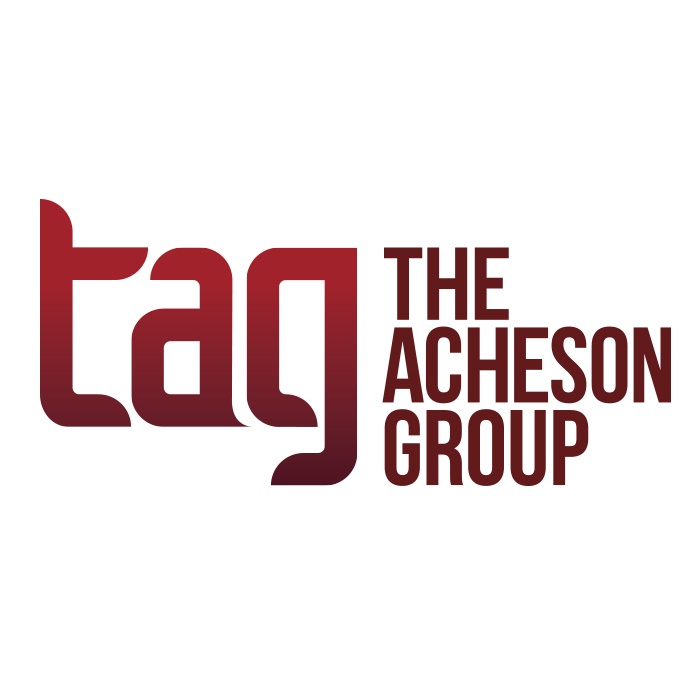Last week we brought you an overview of our Top 10 food safety events of 2015. To follow on that, this week, we bring you our food safety predictions for 2016. In compiling these, we found that they could be summed up in a single word. More: More FSMA Focus. Probably the most obvious, the finalization of FSMA rules will bring more awareness of and concern to comply with new regulations – on time. We expect to see companies rushing at the 11th hour to meet the deadlines. This is likely to be partly due to their lack of understanding of what is needed by when, but also, in part, simply a factor of a general tendency to procrastinate. In this same vein, however, we expect that as the compliance dates arrive, a major FDA focus will be on the Food Safety Plan (FSP). We can picture a food plant proudly producing its newly written and compiled FSP, only to have FDA take a look; declare “No; this is not a Food Safety Plan”; and issue a 483 … More Labeling Issues. 2015 brought food labeling to the forefront with public demand for GMO labeling coming to a head with controversy and opposing state and federal regulation – and not yet solved. FDA also issued a supplemental proposed rule for the Nutrition Facts Label that would, among other things, require declaration of the percent daily value (%DV) for added sugars and change the footnote to help consumers understand the %DV concept. We don’t expect such label transparencies to end with yearend – in fact, December saw a new beginning with the Grocery Manufacturers Association (GMA) launching of the transparency initiative,SmartLabel, intended to help consumers find detailed product information on a vast array of products, including food. More food recalls. While there never seems to be a shortage of recalls, but we may begin to see more recalls in 2016, as food companies begin applying the more stringent preventive and food safety controls of FSMA, they will likely expose more potential scenarios of “serious adverse health consequence or death to humans or animals” (SAHCODHA). Companies are also likely to be even more focused on protection of not only consumers, but also their brands – and their own backsides – in the wake of the such 2015 events as the PCA indictments and Chipotle stock and customer losses. More focus on Salmonella as an adulterant. We expect to see a growing movement toward the declaring of Salmonella, and/or antibiotic-resistant Salmonella as an adulterant. However, we wouldn’t expect a final declaration to be made in 2016. In fact, though the traction is likely to dig in, we’re not really sure when to say that final declaration may be made. That said, we could see a real game changer if a large outbreak occurs due to antibiotic-resistant Salmonella. More advancement in norovirus detection systems. With norovirus being found as the culprit in more and more foodborne illness outbreaks (including one of the very public Chipotle outbreaks, continued cruise ship incidents, and the emergence of a new strain that hit the U.S. in December), it is gaining awareness by consumers, food providers – and pathogen-test manufacturers. As such, the industry can expect to see advancement in Norovirus testing, particularly focused on rapid detection kits and systems. More consumer awareness of food sources. Although country of origin labeling (COOL) died a cold death in 2015, we don’t see that as being the end of consumer demand for knowledge about the source of their food, including its country of origin. As the GMA initiative (above) illustrates, consumers want details about the food they are eating – where it come from, how it was raised, what process it went through to reach them, and what safety practices were implemented throughout. Consumers want to know that the food they are feeding their families is safe – and the high visibility of recalls is causing them to be more proactive about attaining knowledge about the source of their food. With all these “mores,” however, it is some of these very same events of 2015 that we see as leading to one major exception to our predictions of more: That is, the beginning of the fall of the “organic” and “raw” movements. The trend which has been growing for years is now reaching a tipping point – but it is at a point that is actually tipping it over the other side. Take, for example, Whole Foods, Chipotle (again), raw milk producers, etc. As consumers read about the outbreaks in the news and social media, they are beginning to realize that “local,” “organic,” “raw,” and “name your buzz word here,” do not mean “safe” – as so many had perceived. With this knowledge, we wonder if many will begin to reject the higher price of a food that they no longer see as having this discernible benefit. In a sense, it reminds us of Upton Sinclair, who opened the eyes of the world with the publication of “The Jungle.” But, instead of the gradual dissemination of exposure through a single book, today we have real-time social communication reaching millions in an instant. Which brings us back to a final more: our society’s hunger for – and dependence on – immediate and social communication which can make even a minor food safety matter (e.g., incomplete food safety plan) an instant issue with business impact. Yep, 2016 is likely to be the year of more. Finally we can’t forget that 2016 is an election year. At this stage of the game food safety is not on the political radar screen. But as we all know this can change if we have a large outbreak and there is political capital to be had from taking a stance. We certainly can’t predict who the final two will be but based on the current front runners we can only imagine what could happen with the rhetoric on food safety if there was a large outbreak and the promises made to change the system to protect the American consumer. But we really hope this does not happen because that means that people got sick and brands got hurt, but sadly often in our system that is what drives change. About The Acheson Group (TAG) Led by Former FDA Associate Commissioner for Foods Dr. David Acheson, TAG is a food safety consulting group that provides guidance and expertise worldwide for companies throughout the food supply chain. With in-depth industry knowledge combined with real-world experience, TAG’s team of food safety experts help companies more effectively mitigate risk, improve operational efficiencies, and ensure regulatory and standards compliance. www.AchesonGroup.com




